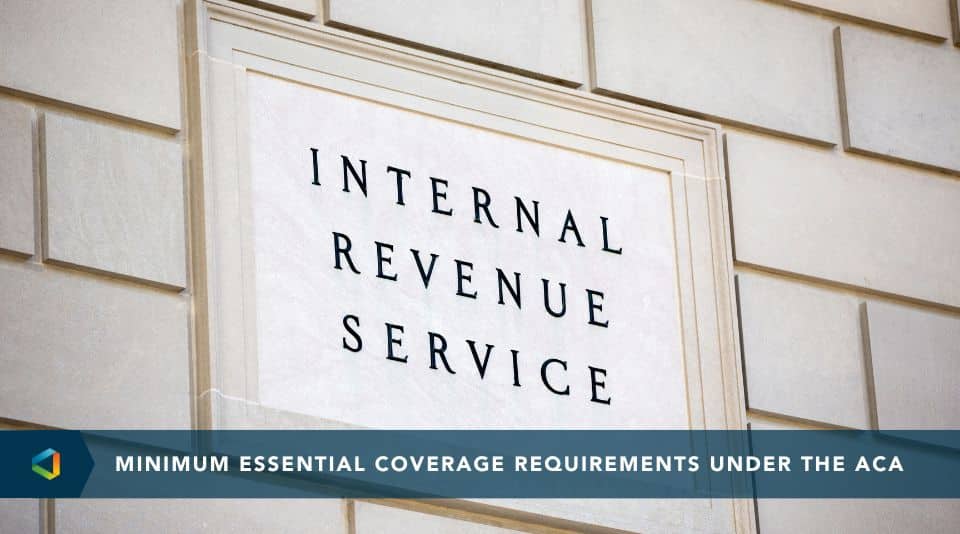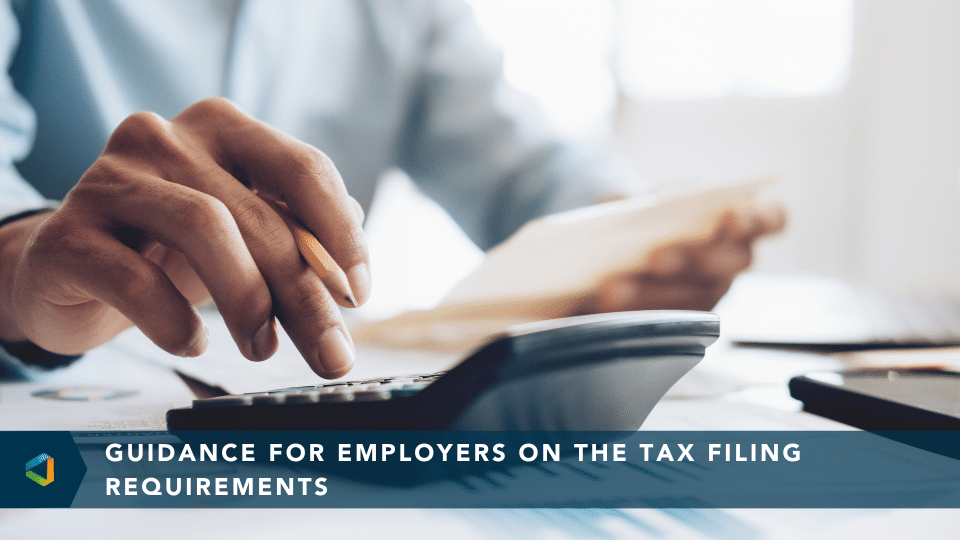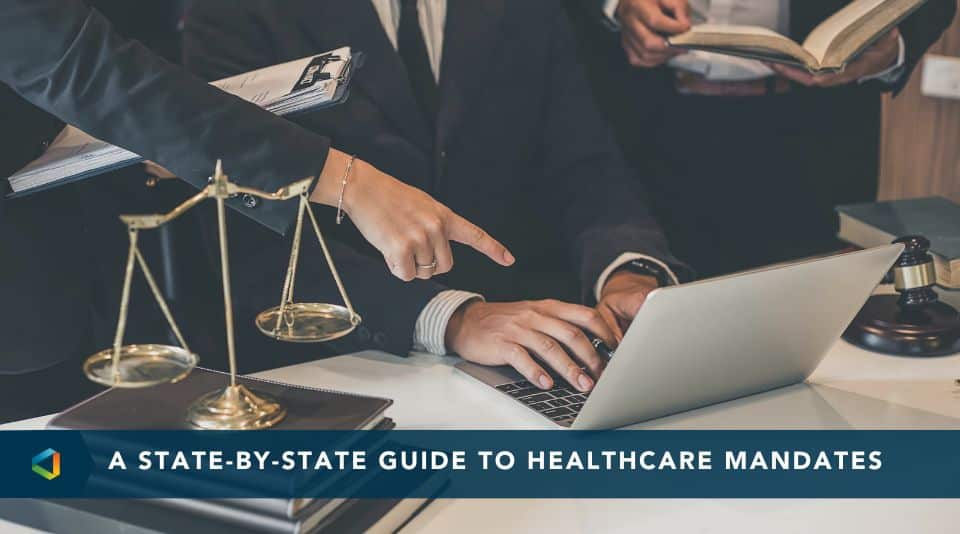Compliance Confidence
House Passes Bill to Repeal the Cadillac Tax
House Passes Bill to Repeal the Cadillac Tax
Will Employers Finally Get Relief From Affordable Care Act’s (ACA) "Cadillac" Tax?
One of the most concerning provisions of the Affordable Care Act (ACA) is the excise tax known as the “Cadillac” tax. Designed to help fund the ACA, the “Cadillac” tax would assess employers with additional tax penalties for offering health plans that cost more than $10,200 for an individual or $27,500 for a family. The current due date of 2022 is the result of multiple delays by lawmakers since the original 2013 due date.
Considering rising healthcare costs, many groups estimate that more than 40% of employers will end up paying the tax and many of them small employers. Although unpopular with lawmakers and employers alike, it has been difficult to remove it altogether since the ACA counts on revenue from these tax penalties to fund programs the ACA offers.
The Congressional Budget Office (CBO) estimates this cost as $197 billion through 2029. As with any other legal action requiring federal funds, Congress needs to offset the dollars lost with other funds to create a budget-neutral outcome. Congress’ inability to find these offsetting funds is the reason we haven’t seen much happen.
Today is a new day…
In a bipartisan showing today, the House votes to repeal the tax by passing H.R. 748, the Middle-Class Health Benefits Tax Repeal Act of 2019 using a suspension of the rules1 that does not require the funding offset. With the funding issue off the table, the House easily passes the bill to repeal the tax by a significant majority of 419-6.
All eyes will now be on the Senate to see if they, too, take up the measure. Republicans have long been supporters of the repeal and hold the majority in the Senate. With the overwhelming support in the House today and continuing support of the White House, it will now be up to Senate Majority Leader, Mitch McConnell, to take next steps in the Senate. Unlike the House, the Senate will have to figure out the cost offset, but it will be hard to argue with the overwhelming majority.
We will continue to monitor the situation and bring you any updates. Visit OneDigital’s Compliance Confidence blog so you don’t miss an update.
1. [Suspension of the rules is a procedure generally used to quickly pass non-controversial bills in the House.]↩




